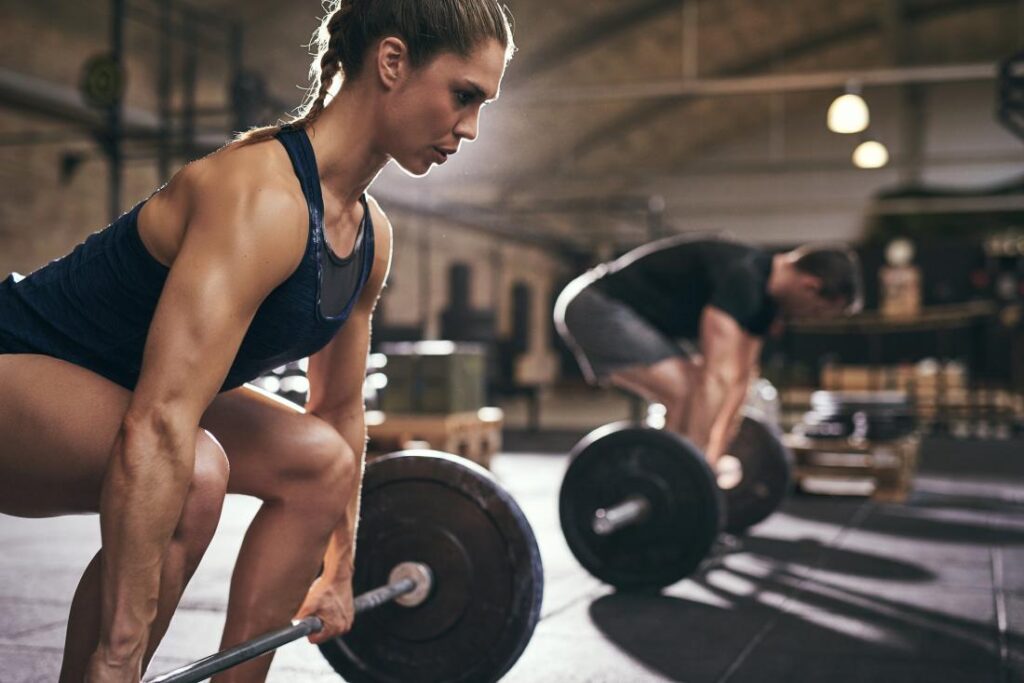Is it healthy to build your muscles? What type of foods would help?
This article discusses some ways to build muscles by upping your food intake

It is common to see many individuals focus on their bodies, for various reasons. Many youngsters want to build muscles in order to become physically stronger and maintain their health overall. But building muscles is not child’s play. It requires thorough planning, intensive training, and a very strict diet. One must remember that the diet plan of athletes and bodybuilders are not at all forgiving. You simply cannot skip a portion of protein and compensate it for later. Healthy muscle building practices are essential. Understanding these factors, let’s take a brief look at the practice of building muscles
Is it Healthy to build your muscles?
When done right, absolutely. By increasing your muscle mass, you also condition your body to become physically stronger. The net endurance levels also increase significantly. In addition, those who regularly work out and eat a balanced meal in pursuit of healthy muscle gain are found to have much balanced and improved blood sugar levels, circadian cycles, and mental health, when compared to those who don’t.
However, the key is to know your limitations. Each person is unique, and thus no two workout and diet plans are the same. Each individual has their limit to putting on muscle mass. Some may work out for a relatively short period of time, but their muscle mass increases exponentially. On the other hand, some may work out for years, sometimes even decades, but their overall muscle mass undergoes very little change. This is because our ability to put on muscle mass is largely based on genetics. Through intense workouts and balanced diets, we can enhance the process of muscle building, but can never exceed the limits set by our genes. It is imperative that every newbie understands this fact before getting into muscle building.
What kind of protein is right?
Though various nutritionists and dieticians claim that a specific type of protein alone is the right one, there’s no universal answer to this question. Some people perform better when they consume animal protein. Others experience much better performance on a diet rich in plant protein. Eventually, it all stems down to the individual’s metabolism.
Whey protein is the standard protein isolate that is recommended majorly. This is because they are rich in all twenty essential amino acids, including Branched-Chain Amino Acids (BCAAs). Branched-Chain Amino Acids are responsible for the growth and recovery of muscles, following intense workouts and endurance exercises.
Egg protein powders are popular among those who are lactose intolerant. Since it is also an animal protein, egg proteins provide all 20 essential amino acids to the body. However, egg protein is less effective in reducing appetite.
Pea protein is the protein of choice among vegetarians and vegans. A lesser-known fact about pea proteins is that they are rich in Branched-Chain Amino Acids (BCAAs), which are believed to be found only in animal proteins. Research highlights that Pea proteins are as equally efficient as whey proteins in terms of muscle building. Additionally, pea proteins help in keeping your appetite in check. A drawback is that pea protein, though being a complete protein, lacks a significant amount of the amino acid Methionine. However, this could be compensated by including hemp protein powder, which is rich in methionine and omega 3 fatty acids.
Supplements for muscle gain
Although proteins are the essential molecule responsible for building up muscles, a variety of biological molecules and components also play a significant role in muscle building.
Creatine, one of the most popular non-protein supplements, is an organic component, naturally produced by our body (especially in the liver and kidneys). It is responsible for increasing the net energy reservoirs in our muscle cells, leading to an enhanced workout session. They also encourage the accumulation of water in the muscle cells, leading to the formation of muscle oedema. This may make you look fatter. Rest assured that creatine does not increase your body fat levels, but the water retention capacity of our skeletal muscles. This is only a temporary change. Once your body gets used to creatine, your body will stop bloating up.
Sometimes, weight gainer supplements are given to further enhance the performance of the athletes, and also to gain healthy body weight. People who are naturally lean and lose body mass easily during workouts are recommended to take weight gainers. They are rich in calories and proteins both of which are needed to effectively build muscles.
You can buy creatine here at Foodvez.
